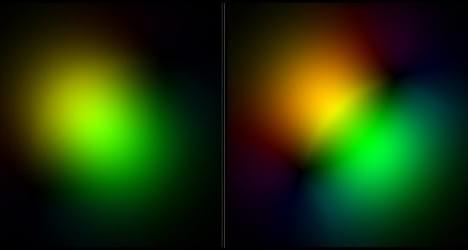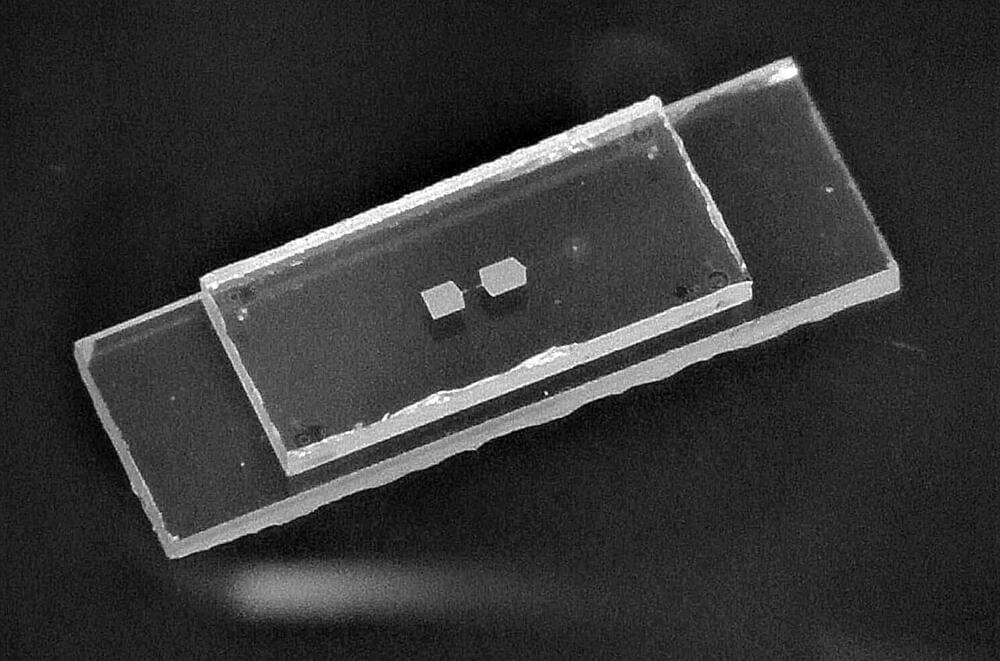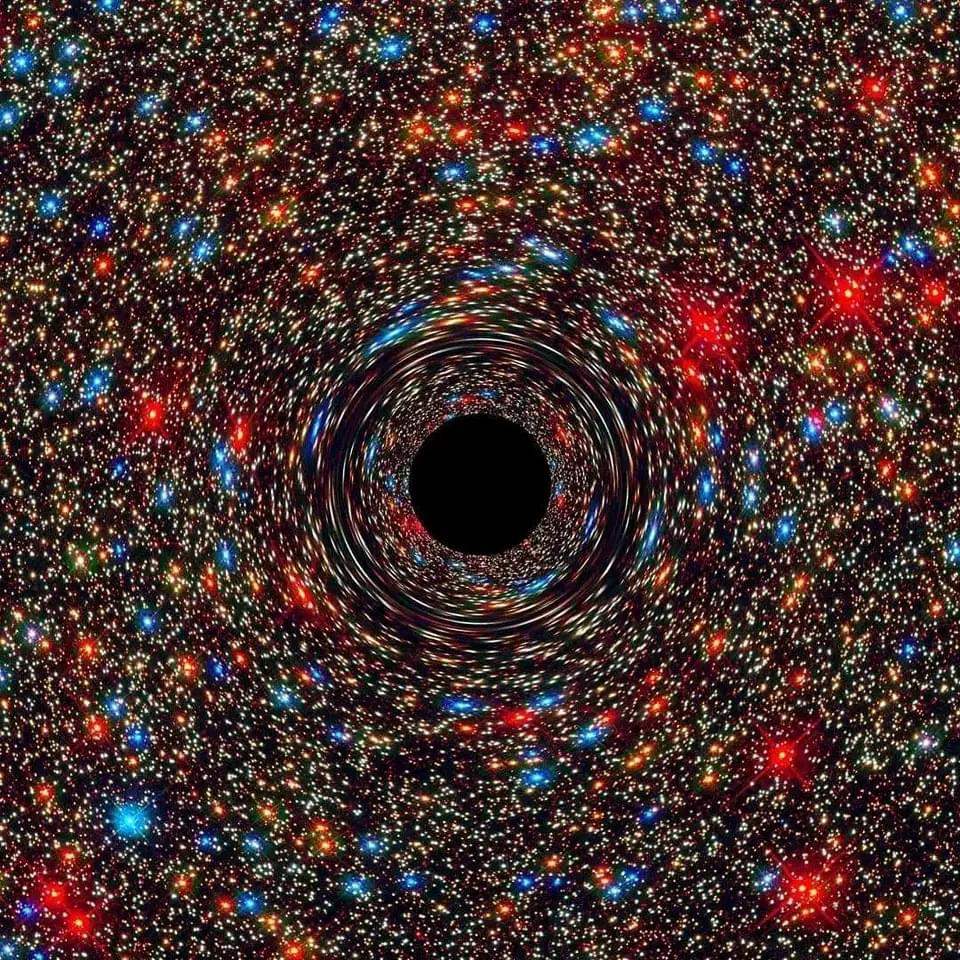Entanglement in hybrid quantum systems comprised of fundamentally different degrees of freedom, such as light and mechanics, is of interest for a wide range of applications in quantum technologies. Here, we propose to engineer bipartite entanglement between traveling acoustic phonons in a Brillouin active solid state system and the accompanying light wave. The effect is achieved by applying optical pump pulses to state-of-the-art waveguides, exciting a Brillouin Stokes process. This pulsed approach, in a system operating in a regime orthogonal to standard optomechanical setups, allows for the generation of entangled photon-phonon pairs, resilient to thermal fluctuations. We propose an experimental platform where readout of the optoacoustics entanglement is done by the simultaneous detection of Stokes and anti-Stokes photons in a two-pump configuration.








